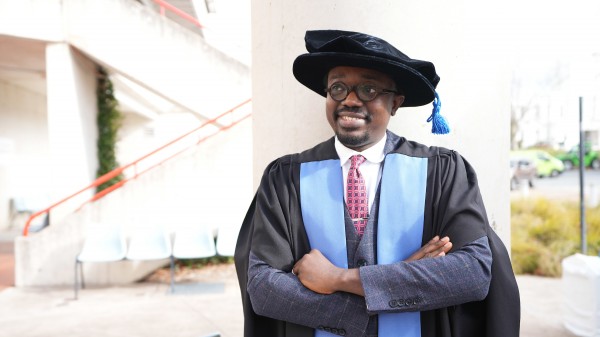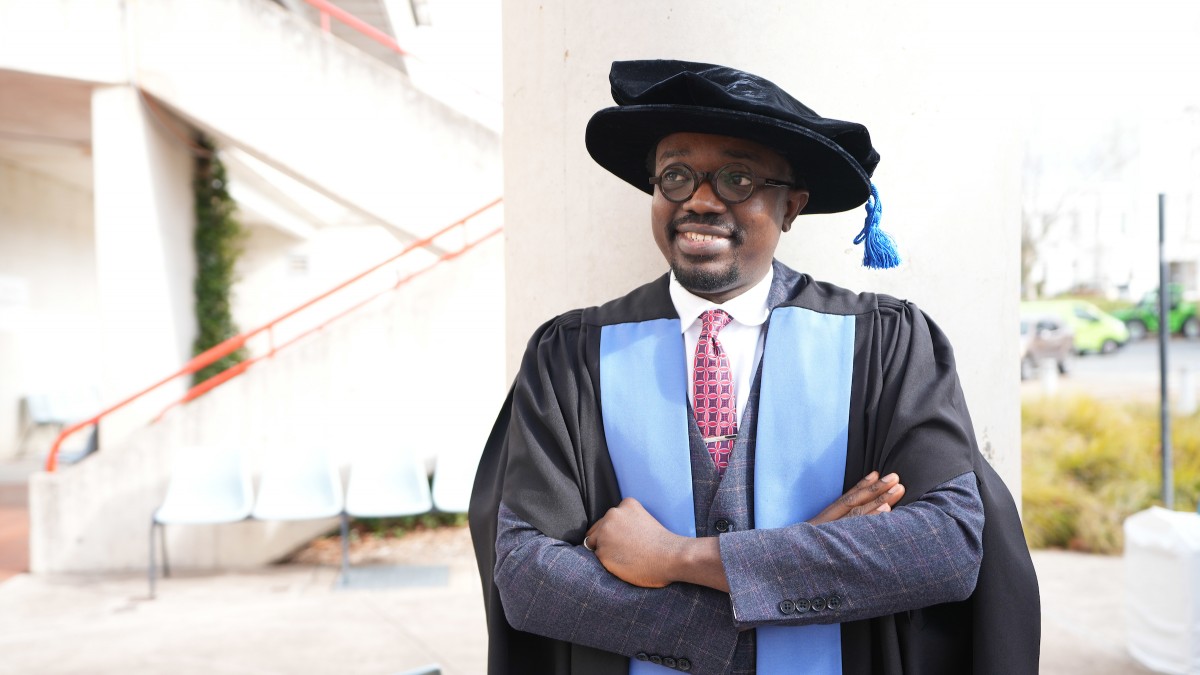People on the autism spectrum are predisposed to Post-Traumatic Stress Disorder (PTSD), a new study from The Australian National University (ANU) and the University of Queensland has shown.
The research also found PTSD can lead to the aggravation of core traits of autism such as repetitive behaviour.
The study showed that while generally PTSD is triggered by an extreme stress, a single mild stress can be enough to produce a traumatic memory in those with autism spectrum disorder (ASD).
Senior author Dr Nathalie Dehorter said the study — conducted on mice — was able to pinpoint the mechanisms in the brain that might be responsible for this occurrence.
“While heightened sensitivity to stress and trauma has been a rising concern in ASD, the consequences have been largely overlooked until now,” Dr Dehorter said.
“We were able to show the specific brain circuit alteration that’s underlying the hypersensitivity to stress in ASD. We know what’s happening at the cellular and at the structural level in the prefrontal cortex.”
Lead author on the study, Dr Shaam Al Abed, said: “Understanding this hypersensitivity is crucial to treating those traumatic memories with the right behavioural therapy. By recontextualising the traumatic memory, we can hopefully alleviate the worsening of those core traits.”
Dr Al Abed said the results could help both clinicians and people on the autism spectrum.
“PTSD in autism is currently challenging to diagnose,” she said.
“If we can understand a bit more about the underlying mechanisms, it will go a long way to making sure people are managing their symptoms appropriately.”
According to the researchers, the study also supports the idea that everyday life situations — like entering a particularly noisy or unfamiliar environment — can be experienced as traumatic by neurodivergent populations.
The study calls for better awareness of PTSD in autism, to allow for efficient intervention for those more likely to experience trauma.
“Timely detection appears to be essential, especially if PTSD can worsen the core ASD traits,” Dr Dehorter said.
“We need more research into the overlap between these two conditions.”
The research has been published in iScience.
This article first appeared in ANU Reporter.










